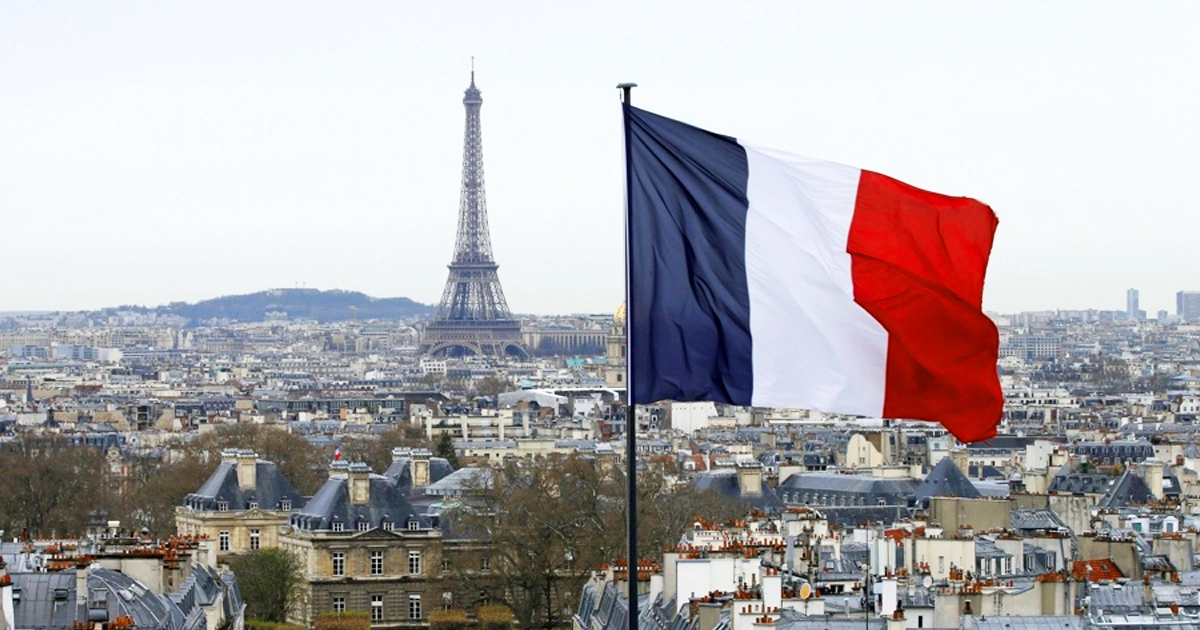La Baule casino: behind the scenes of gambling
In his office at the Barrière casino in La Baule, Geoffrey Salingue smiles when he talks about money. Not because he pockets it, but because he knows that every chip wagered becomes the business of a whole complex mechanism: players, machines, municipality, State. And when it comes to the economics of gambling, every euro tells a story.
Millions change hands
In 2024, the La Baule casino generated between €13 and €14 million in gross gaming revenue. A figure that ranks the establishment 69ᵉ out of 200 French casinos.
‘This sum is the gross gaming revenue, i.e. what people play, minus what people win,’ explains Geoffrey Salingue.
But not all this money stays in the casino’s coffers. Around 60% of this gaming volume is immediately taken by the State and the municipality. Last year, €1.3 million was paid to La Baule town hall, while more than €6 million went directly into the state coffers.
‘This makes us a major economic player for the municipality,’ admits the director, ‘allowing us to organise major events, which explains why town halls all want to have a casino.’
Security, a daily obsession
In a sector where cash is in constant circulation, vigilance is a golden rule. Every banknote is scanned by detectors to prevent fraud. And when it comes to large winnings, the rule is clear: €20,000 in cash is out of the question. The system goes even further: strict anti-money laundering controls are imposed by French regulations, guaranteeing almost total traceability of financial flows.
Gambling is a question of probability
Players hope to win, but chance cannot be tamed. Behind every slot machine is a statutory payout ratio (TRR), set in France at a minimum of 85%. At La Baule, it is more generous: around 92%. If you play €100, you get back around €92 over the long term. But the magic of the game lies in the variations: sometimes the machine pays out more than you bet, €110, €120, even €200.
The payout rates are not a jealously guarded secret. Any player can ask to consult the label or the computer of a machine to check its TRR. Transparency is essential. The closer the rate is to 100%, the more customers feel confident and want to play.
This is where the competition between casinos comes into play. Because if we can’t guarantee a win for every player, we can at least ensure fair and regulated gaming conditions.
A local economy under pressure
While the State and the town derive significant revenue from casinos, the establishments themselves have to juggle with a paradoxical reality: they are a source of entertainment, a pillar of the local economy and a player subject to heavy taxation.
The casino at La Baule is a perfect illustration of the complexity of the French gaming economy. Behind the lights of the slot machines and the glitter of the gaming tables, money circulates within an extremely rigorous fiscal, regulatory and social framework.


